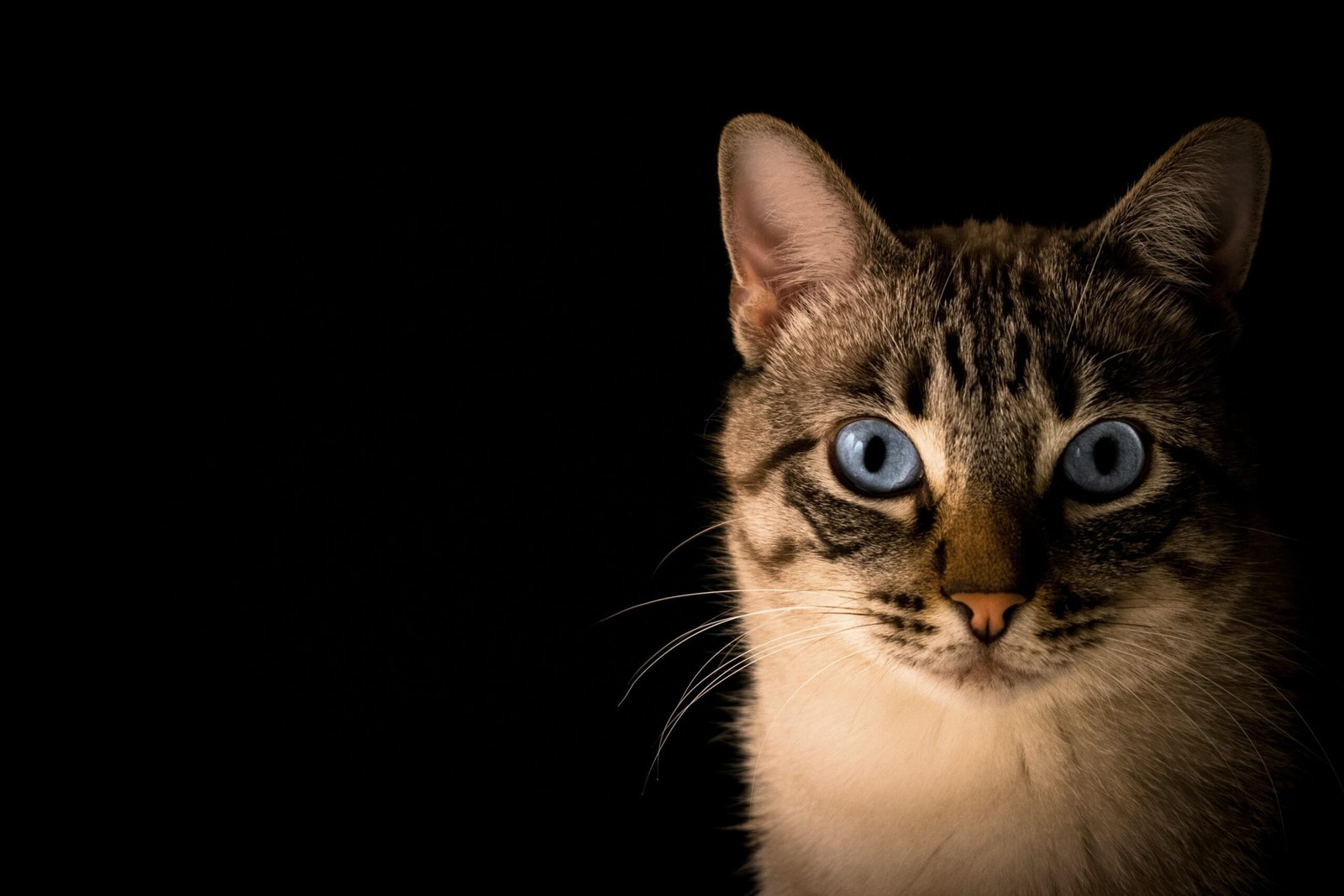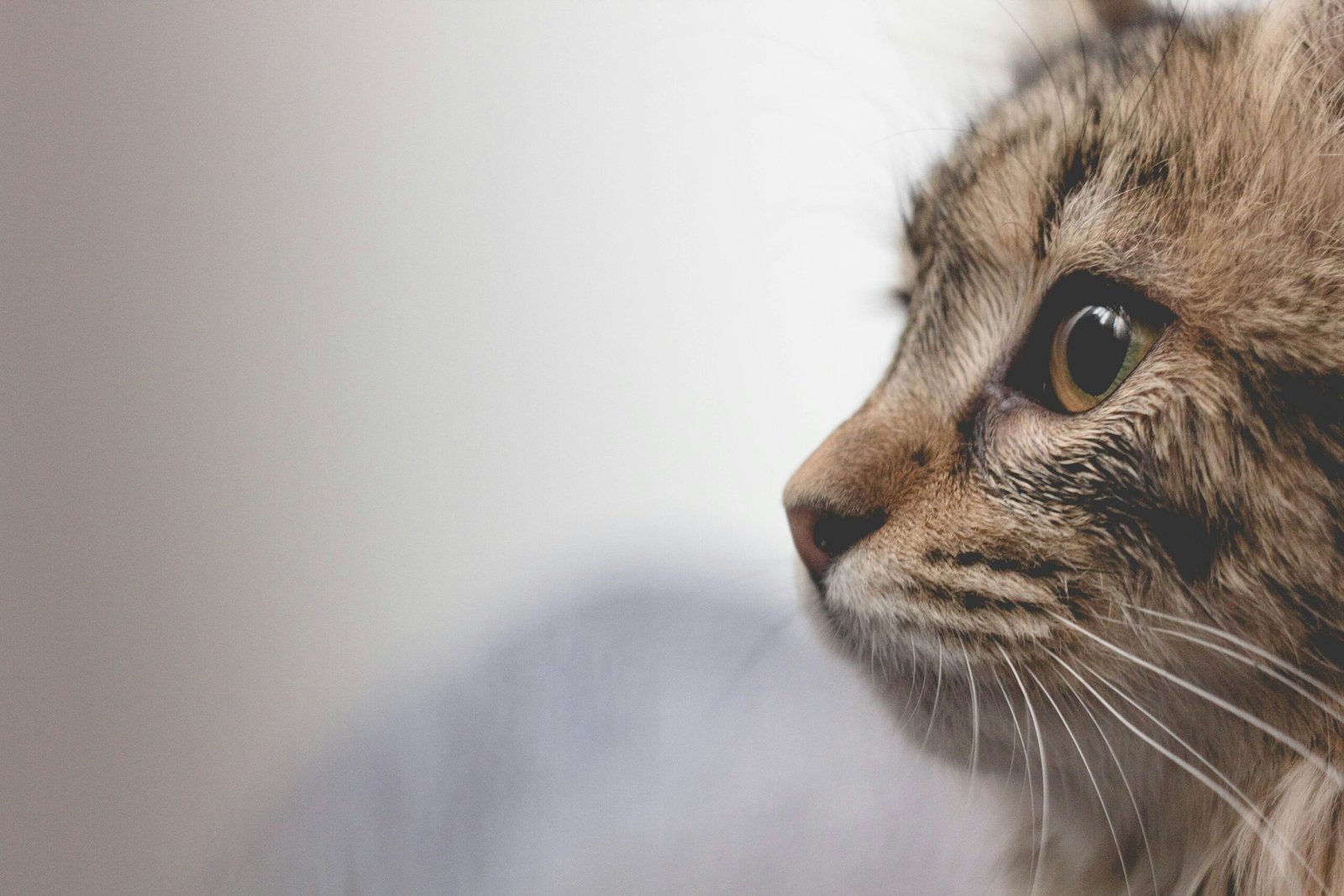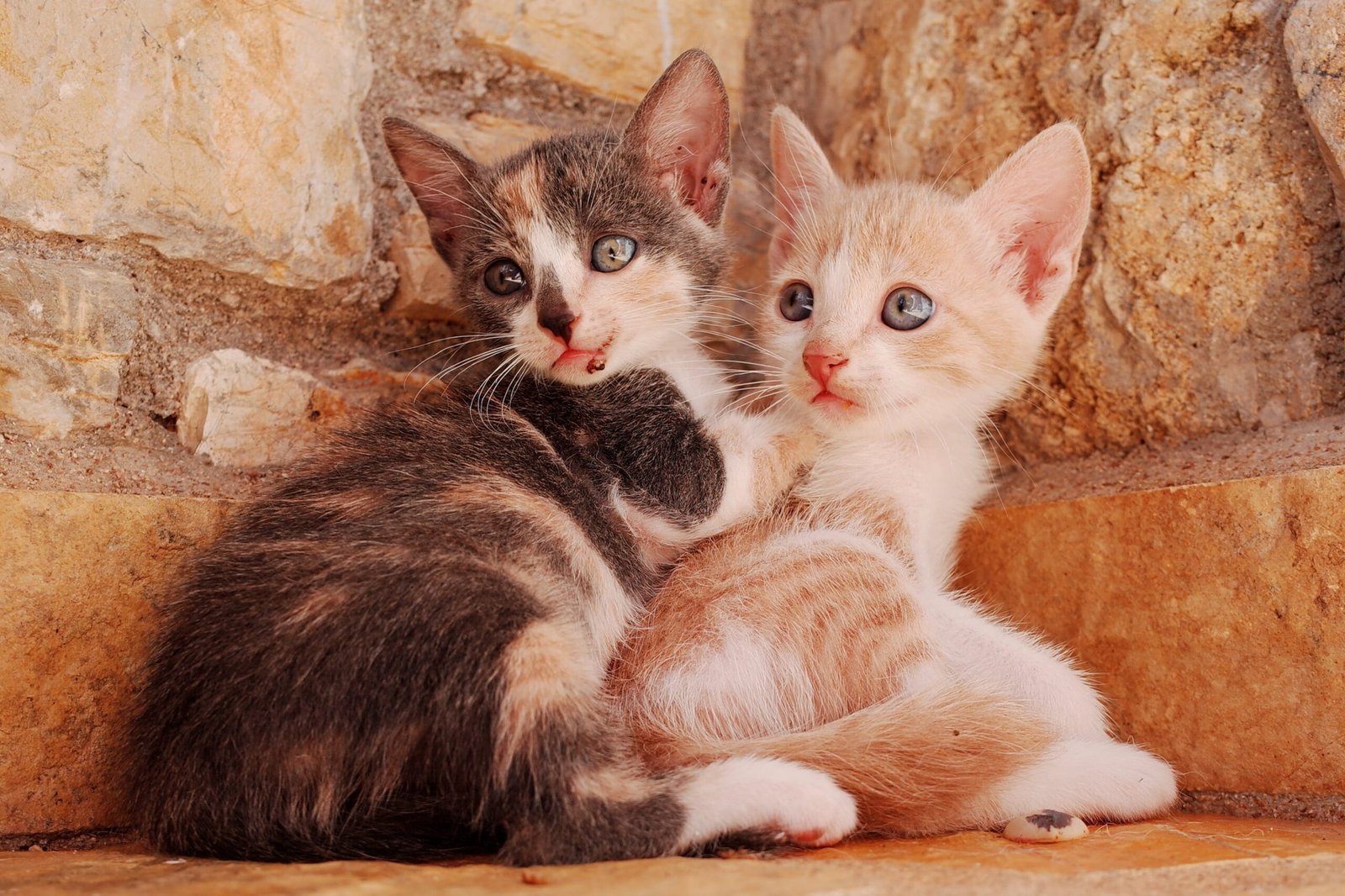Cats are known for their love of sleep, spending an average of 15 hours a day snoozing. While it’s normal for cats to sleep a lot, you might be wondering why your furry friend is seemingly sleeping all day and all night. In this article, we will explore some common reasons for excessive cat sleep and provide insights into their sleep patterns.
Understanding Cat Sleep Patterns
Before we delve into the possible reasons behind your cat’s extended sleep, let’s first understand their sleep patterns. Cats are crepuscular animals, meaning they are most active during dawn and dusk. This behavior is instinctual and stems from their ancestors, who were primarily hunters during these times.
Cats experience different stages of sleep, including light sleep, deep sleep, and REM (rapid eye movement) sleep. During REM sleep, cats may twitch, move their paws, or make small noises. This is when most dreaming occurs. Understanding these sleep patterns is crucial in determining whether your cat’s sleep is within the normal range or if there might be an underlying issue.
1. Light Sleep
During light sleep, cats are easily awakened. They may be lying down with their eyes partially open, ready to spring into action at any moment. Light sleep allows cats to be alert to potential dangers while still getting some rest.
2. Deep Sleep
Deep sleep is when cats are in a more relaxed state. They may be curled up in a comfortable position, completely oblivious to their surroundings. It is during this stage that their body temperature drops, and their breathing becomes slower and deeper.
3. REM Sleep
REM sleep is the stage where cats experience the most intense dreams. Their eyes may move rapidly under their closed eyelids, and they may twitch or make small movements with their paws. This stage is essential for their mental and emotional well-being.
Normal Cat Sleeping Habits
As mentioned earlier, cats sleep an average of 15 hours a day, with some cats even sleeping up to 20 hours. This is completely normal and necessary for their overall well-being. Cats have a higher metabolic rate than humans, and quality sleep helps them conserve energy for their active periods.
Moreover, cats are naturally independent and solitary animals. They are known to sleep during the day to conserve energy for hunting and exploring at night. Therefore, it’s important to recognize that extended periods of sleep are a normal part of a cat’s behavior.
It’s worth noting that not all cats have the same sleep patterns. Some cats may have shorter periods of deep sleep and more frequent bouts of light sleep, while others may spend longer periods in deep sleep. It’s important to pay attention to your individual cat’s sleep habits and notice any significant changes.
Benefits of Sleep for Cats
Quality sleep is crucial for cats’ overall health and well-being. Here are some of the benefits of adequate sleep for your feline friend:
- Restoration: During sleep, cats’ bodies repair and rejuvenate themselves. This is essential for their physical health and helps them recover from daily activities.
- Mental Stimulation: Cats’ brains remain active during sleep. REM sleep, in particular, is important for their mental and emotional well-being, as it allows them to process information and consolidate memories.
- Stress Relief: Just like humans, cats can experience stress and anxiety. Adequate sleep helps cats relax and reduce stress levels, promoting a calm and contented state of mind.
- Immune System Support: Sleep plays a vital role in maintaining a healthy immune system. When cats sleep, their bodies release certain hormones and proteins that help fight off infections and diseases.
- Energy Conservation: Cats’ sleep patterns are closely linked to their hunting instincts. By sleeping for extended periods, cats conserve energy for when they are most active, allowing them to be agile and alert during hunting or playtime.
Possible Reasons for Excessive Sleep
While it’s normal for cats to sleep a lot, there are instances where excessive sleep might be a cause for concern. Here are some potential reasons for your cat’s increased sleep:
1. Age and Life Stage
Just like humans, cats’ sleep patterns can change as they age. Kittens and young cats tend to have bursts of energy and playfulness, resulting in shorter sleep durations. As cats grow older, they tend to become less active and require more sleep. Senior cats, in particular, may sleep even more than when they were younger.
It’s important to note that older cats may also experience age-related health issues that can contribute to increased sleep. Arthritis, for example, can cause discomfort and pain, leading to longer periods of rest.
2. Environmental Factors
Cats are highly sensitive to their surroundings. Changes in their environment, such as a new home, new family members, or rearranged furniture, can cause stress and anxiety. In response, cats may choose to sleep more as a coping mechanism. Creating a calm and familiar environment for your cat can help alleviate stress and potentially reduce excessive sleep.
Additionally, extreme weather conditions, such as hot summers or cold winters, can also affect a cat’s sleep patterns. Cats may sleep more during extreme temperatures to regulate their body temperature and conserve energy.
3. Health Issues
Certain health conditions can lead to increased sleep in cats. If you notice a sudden change in your cat’s sleep pattern, it’s essential to monitor their behavior for other signs of illness. Conditions such as hyperthyroidism, diabetes, or infections can cause lethargy and excessive sleep. If you have any concerns about your cat’s health, it’s best to consult a veterinarian for a proper diagnosis.
Other factors, such as obesity or pain from injuries or dental issues, can also contribute to excessive sleep. It’s important to observe your cat’s overall behavior and look for any signs of discomfort or abnormality.
4. Poor Diet or Nutritional Imbalances
A cat’s diet plays a significant role in their overall health and energy levels. If your cat is not receiving proper nutrition or is consuming low-quality food, it may affect their activity levels and lead to increased sleep. Ensuring your cat is on a balanced and nutritious diet can help promote their overall well-being and reduce excessive sleep.
It’s important to provide your cat with high-quality cat food that meets their specific nutritional needs. Look for food that is rich in protein and contains essential nutrients such as taurine, omega-3 fatty acids, and vitamins.
5. Boredom and Lack of Stimulation
Cats are curious creatures that require mental and physical stimulation to thrive. If your cat is not adequately engaged throughout the day, they may resort to extended periods of sleep out of sheer boredom. Providing environmental enrichment, such as interactive toys, scratching posts, and playtime, can help keep your cat mentally stimulated and reduce excessive sleep.
Interactive toys that mimic prey-like movements, puzzle feeders, and vertical scratching posts can provide mental and physical exercise for your cat. Regular play sessions and interactive playtime with you can also help keep them engaged and active.
When to Seek Veterinary Advice
While it’s common for cats to sleep a lot, it’s crucial to be aware of any significant changes in their sleep patterns. If you notice your cat’s excessive sleep is accompanied by other concerning symptoms such as weight loss, loss of appetite, or behavioral changes, it’s essential to consult a veterinarian. These may indicate an underlying health issue that requires immediate attention.
Your veterinarian will be able to conduct a thorough examination and run appropriate tests to determine the cause of your cat’s excessive sleep. Early detection and treatment of any underlying health issues can greatly improve your cat’s overall well-being and quality of life.
In conclusion, cats sleeping all day and all night is generally normal behavior. However, certain factors such as age, environment, health issues, diet, and lack of stimulation can contribute to excessive sleep. Understanding your cat’s sleep patterns and monitoring for any changes or concerning symptoms will help ensure their overall well-being. Remember, a well-rested cat is a happy and healthy companion.











